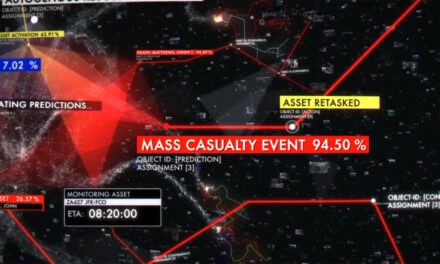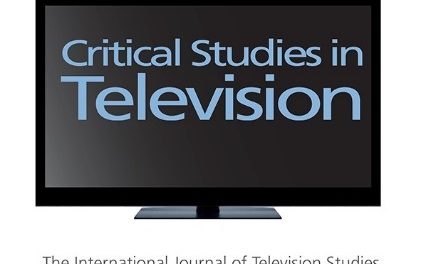Representation of queer identities in twenty-first century popular television has undergone massive shifts in the last decade. Whilst queer representation has formed part of the bedrock of reality television, queer representation in scripted television has received less scholarly attention. Thus, scripted television will be the focus of this special issue of Queer Studies in Media & Popular Culture (Intellect).
Queerness is represented across a multitude of genres in multiple ways: from the sumptuously displayed events in the drama Pose (2018-present), the fresh depictions of asexuality in the adult animation BoJack Horseman (2014-2020), to lesbianism and gender diversity in children’s animated fantasy show She-Ra (2018-2020). These dynamic representations of queer identities in popular media are at odds with the queer theoretical positioning of queer subjecthood as marginal and potentially transgressive. Indeed, these four examples point towards the significance of the popular, both in terms of widely received media and ‘low brow’ narratives/fictions as a site for causing political tension. This runs contra to the upheld notion within queer studies that queerness’ status as an underground identity for subversive resistance, which allots its ‘transgressive’ nature.
The proliferation of queer representation over the last decade raises questions about the significance and accuracy of understanding sexual queerness as a basis for transgressive marginalised identities. This is not to say that the work of LGBTQIA+ civil rights organizations is done, but to draw attention to the queer theoretical overreliance on marginalizing specifically white middle class gays in American and Eurocentric cultures. We seek papers that explore the ‘mainstreamification’ of queer identities, considering how such presentations may be positive for queer subjects. There is a tendency in queer studies to approach such mainstreamification as queer subjecthood being coerced into rendering itself palatable to cisheteronormative subjects through notions of homonormativity and appropriation, which we would like to challenge through a series of journal articles. We aim to argue that this overarching tendency is questionable at best, since queer identities on the small screen no longer function as marginal nor are they necessarily relationally palatable to the heteronormative gaze.
To this end, we invite 6,000-8,000 word papers that explore the topic of ‘mainstreamification’ of queer representation in contemporary popular television. This can include, but is not limited to, papers considering:
- Queer representation on television in relation to current queer rights issues
- Representations of gender-nonconforming characters on television (Star Trek: Discovery, She-Ra, Good Trouble, Pose)
- Queer narratives in animated shows (She-Ra, Big Mouth, BoJack Horseman, Adventure Time, Steven Universe, The Legend of Korra)
- Paratextual queerness and queer coding in television (Good Omens)
- Queer activism on television
- Intersectional queerness and merging identities (Disclosure, Pose, Good Trouble, Brooklyn-99 etc.)
- Queerness in “genre” television (Orphan Black, Lovecraft Country, Supergirl, Riverdale, Sabrina, Bly Manor, Broad City, American Gods)
- Fashioning queer identities
- Queerness in Ryan Murphy’s televisual empire (The Politician, American Horror Story, Hollywood, Ratched, Scream Queens)
Please send abstracts of 300-500 words for articles and a 50 word author bionote to newqueerstudies@gmail.com.
Abstracts for articles due by 12 March 2021
Accepted article drafts due by 31 August 2021
We are also accepting shorter reviews on a rolling basis (1000-2500 words). If you have suggestions of television programmes, academic books, or other media you would like to review please send a CV and a letter of interest to the email above.
*Articles will go through a double-blind peer review prior to final acceptance for the special issue.
**Potential contributors should note that this is a trans* inclusive project from the outset and any abstracts that appear transphobic in argument will be questioned if not outright rejected.





